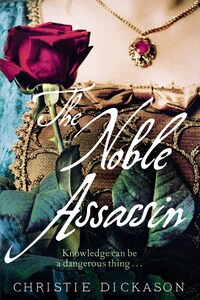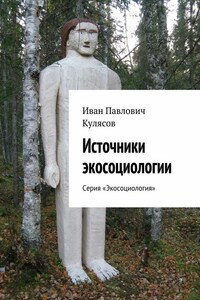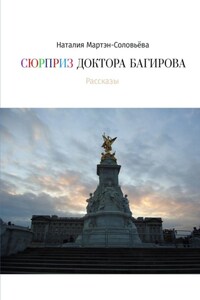Majestic Wealth is the holiest of our gods.
Juvenal.
AMSTERDAM, FEBRUARY 1636
The room glinted with brass and gold but smelled of damp wool, nutmeg, cloves, sewage and burning fat. In the dim yellow light of thirty tallow candles held aloft by gilt fantasies of mermaids and dolphins, three men waited in uneasy silence. The Englishman, who looked pastel, insubstantial and overfrilled beside the two black-clad Dutchmen, peered down from an open window into the cavern of shadow beneath the massive bow of a moored ship. Although he stood in a house on dry land, the dark rim of the window seemed to shift. The floor tilted. The fat tree-trunks of the ship’s masts, tops far up out of sight in the night sky, swayed almost imperceptibly, not quite close enough to touch. He swallowed against the ghost of nausea that tickled his stomach unpleasantly.
Ships rubbed and shouldered each other for dock space as far as he could see to either side. The small red eye of a watchman’s lantern etched a slow path through the black, gently heaving thickets of spars and rigging.
I should have refused to come, he thought. Made them send someone weighty enough to decide such things.
But he knew that he had been sent precisely because he was unremarkable. The men who made the decisions paid men like himself to take the risk of looking like an ass. He shifted aching shoulders inside his doublet and cursed the damp.
Anyway, he couldn’t afford to refuse a commission.
The house stood on a dock on the Amstel River. The moored ships creaked and scraped. A far-away sailor shouted to another. On the dock just below the window the shadow of a dog nosing among the stacked bales, barrels, and coiled ropes suddenly erupted into a frenzy of barking. The three men inside the room lifted their heads.
In another room of the house, a bad-tempered viol was groaning and complaining again and again through the same four phrases of a French dance tune. The barking stopped.
‘Not yet.’ Vrel, one of the two Dutchmen and the owner of the house, settled his bulk back into his carved and gilded chair. He sat squarely at the end of a long heavy table as if he expected a dish of roast meat to be set in front of him, but diamond and ruby rings flashed uneasily in the candlelight as his short, strong fingers opened and closed over the lions’ masks of the arm ends.
Simeon Timmons, the Englishman, now eyed his host. An agent had to be civil to everyone, but Timmons was struggling with Cornelius Vrel.
A mannerless frog in black silk and fine wool stolen from the English, or near enough stolen, thought Timmons viciously. Hunkered down here smugly among his gold plates and drinking cups, his Toledo blades, Venetian candle-holders, and Turkish rugs that covered every flat surface like a plague of multi-coloured moss. Stinking of the spices that had made him rich.
His stomach contracted with a pain like hunger. How he lusted to be such a frog!
Timmons lived to serve other men’s wealth. As a third son with two healthy older brothers between him and the family money and lands, he had to live on his wits. He fed and supped on envy and hope to sustain himself in the hard but necessary work of being civil at all costs. Even to former enemies who now smiled and allowed you to admire booty pirated from English ships. No matter that Dutch and English merchantmen were at this moment blowing each other out of the East Indian seas for the sake of cinnamon and cloves. No matter an uncle massacred by the Dutch at Amboyna thirteen years before. Civil and smiling, Timmons made a career trotting to and fro like a market pony, laden with information, propositions, money, documents, promises or silver spoons.
The third man in the room asked a question in Dutch.
Timmons turned to study him with carefully neutral eyes. Named Blanket or Banquet or some such Dutch torturing of vowels, in his late fifties, a little older than Vrel, a head taller but half the weight. As they waited, he had been strolling aimlessly around the room.
Busy coveting the Chinese porcelain and gilt plates, thought Timmons. He heard the anxiety now in the man’s voice and wished he could understand the question.
Vrel replied in a voice as chilly as the night air. Blanket (or Banquet) sank his skinny neck and long head back into his shell of black merino and Brussels lace. He turned away to study a set of golden spice scales.
Whatever it is, thought Timmons, Vrel is firmly in control. He shivered. His fine, light-brown hair lay damply clumped against his narrow head. His long thin face slid unchecked down sagging light-brown moustaches and a small pointed beard. A newly-fashionable flat collar drooped limply over narrow shoulders which were betrayed by the new, unpadded style of English doublet. His lace tie, lace cuffs and lace boot tops had all lost their starch in the damp sea air. A more confident man would not have left his wool cloak at his lodgings in the name of fashion.











